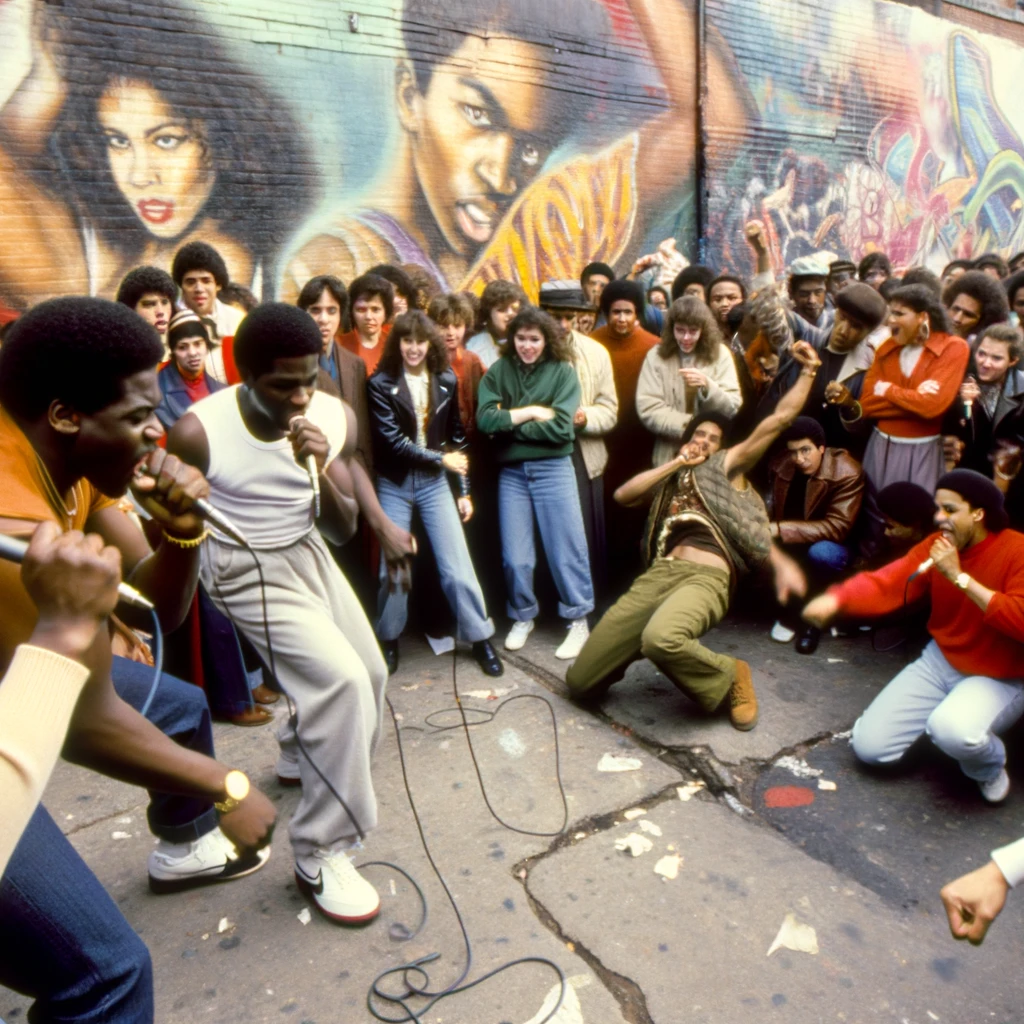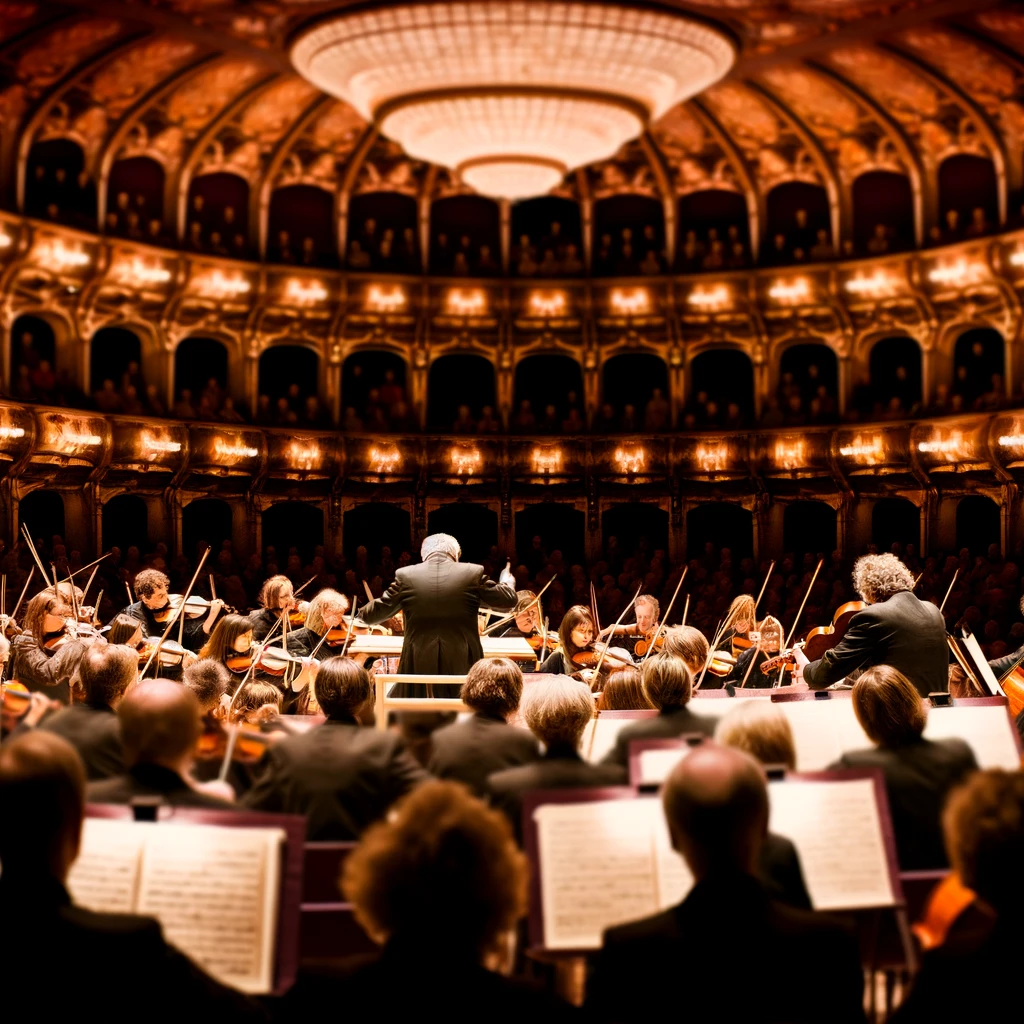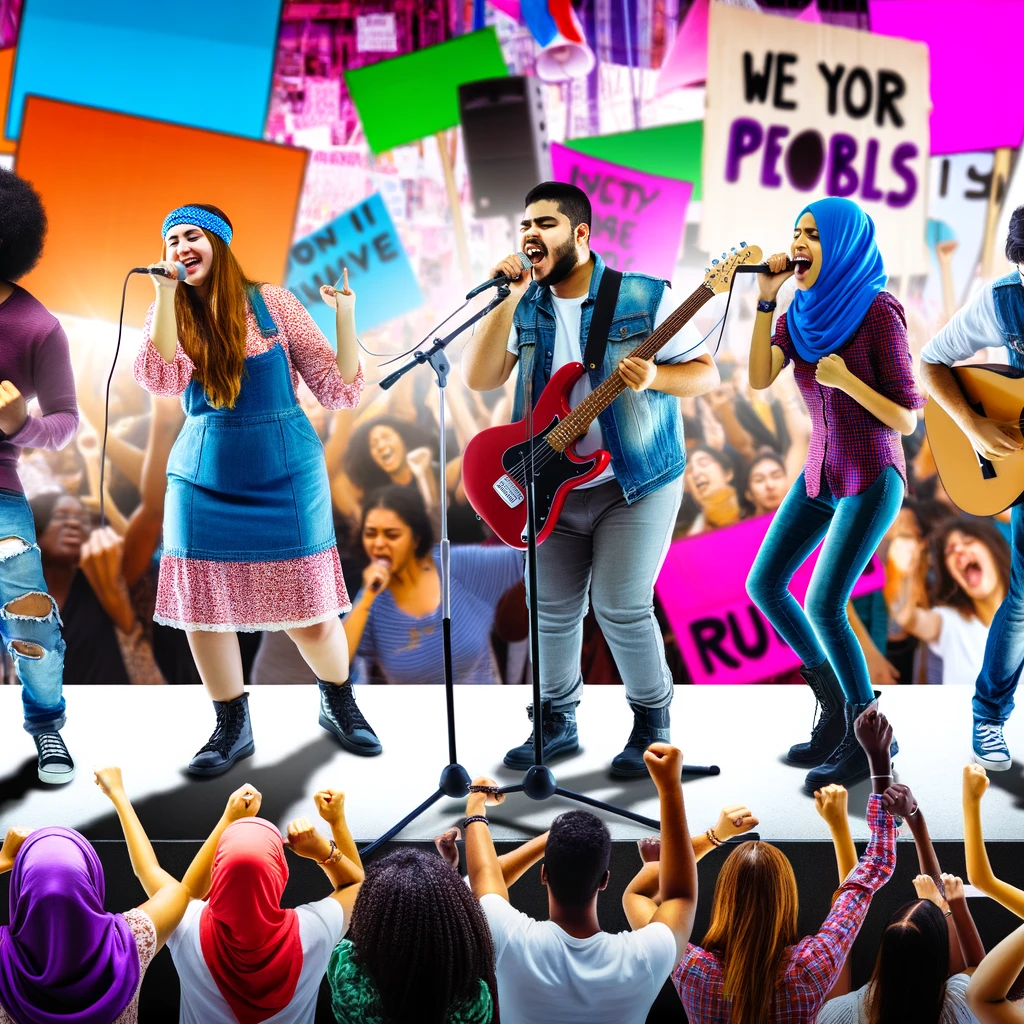Related Articles











Protest songs have long served as anthems for social change, channeling the voices of the marginalized and oppressed throughout history. From the folk tunes of the American Civil Rights Movement to punk's raw energy in the 1970s, music has been a constant companion of protest. Its ability to unite people and amplify their cause has been pivotal in shaping public discourse.
Folk music, with its storytelling tradition, has been instrumental in the protest movement. Songs like Bob Dylan's 'Blowin' in the Wind' and Pete Seeger's 'We Shall Overcome' became synonymous with the Civil Rights Movement, offering both solace and inspiration to activists. These songs, with their simple melodies and powerful lyrics, spoke directly to the heart of the issues, making them accessible to all.
In the modern era, protest songs have evolved to encompass a variety of genres and platforms. Hip-hop, in particular, has become a prominent voice in highlighting racial and social injustices. Artists like Kendrick Lamar with 'Alright' and Childish Gambino with 'This is America' continue to push boundaries, using their music as a form of resistance.
Social media has transformed the way protest songs are shared and consumed. Platforms like YouTube and Spotify have allowed artists to reach global audiences instantly. This digital revolution has enabled protest music to transcend borders, spreading messages of hope and resistance across the world.
Protest songs have the unique power to catalyze change by raising awareness, evoking empathy, and inspiring action. They provide a soundtrack to movements, capturing the zeitgeist and immortalizing the struggles of the time. As societies continue to face new challenges, the power of music as a tool for change remains as relevant as ever.
Music has always been a powerful form of expression and a beacon of hope for those seeking change. The enduring legacy of protest songs underscores their vital role in social movements. As new generations of artists emerge, they continue to draw inspiration from the past while innovating for the future, ensuring that the power of protest music endures.